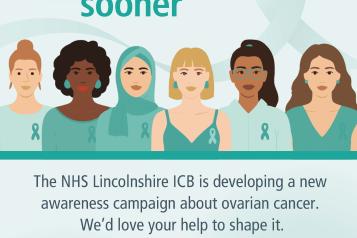Gynae Cancer Awareness Month-stopping taboos before they start
New Eve Appeal Yougov poll hit the headlines as part of the Go Red campaign to support Educating Eve tips for this Gynae Cancer Awareness Month.
New Eve Appeal Yougov poll hit the headlines as part of the Go Red campaign to support Educating Eve tips for this Gynae Cancer Awareness Month.
The survey found that:
- Over 40% (44%) of parents most frequently use euphemisms such as ‘bits’, ‘front bottom’, ‘flower’, ‘tuppence’, and ‘fairy’ with their daughters instead of the anatomically correct words.
- Less than a fifth (19%) of parents frequently say ‘vagina’ and only 1% frequently use the word ‘vulva’ when referring to female body parts in front of their daughter.
- A fifth (22%) of parents never refer to female body parts in front of their daughter.
- Almost a third (31%) of parents feel it is only appropriate to use anatomical language with girls about their bodies when they are aged 11 or older.
- There are significant generational differences in terms of what women feel comfortable talking about with female relatives:
- 43% of 18-24 year old women are comfortable talking about gynaecological cancer compared with 63% of women aged 55 and over.
- 56% of 18-24 year old women are comfortable talking about cervical screening compared with 76% of women aged 55 and over.
- Across generations, women are most comfortable talking to female relatives about periods (75%), menopause (72%), and cervical screenings (70%).
- For more information: https://eveappeal.org.uk/5CNin
Stopping taboos before they start in the next generation of women needs open, clear and accurate information conveyed to children.
Eve Appeal have created Educating Eve Part 1- tips to help people communicate with their child about their body, and Educating Eve Part 2. to give people tips on opening up conversations around gynae health and gynae cancer symptoms with their mums, grandmas, aunts, colleagues and friends.
